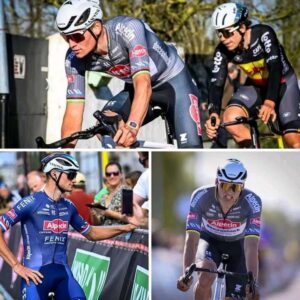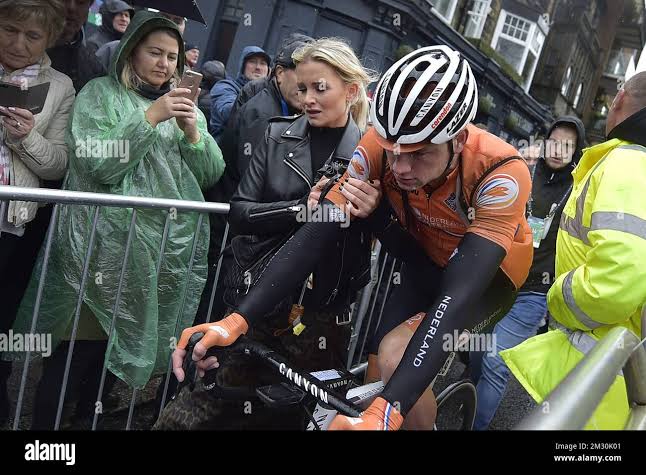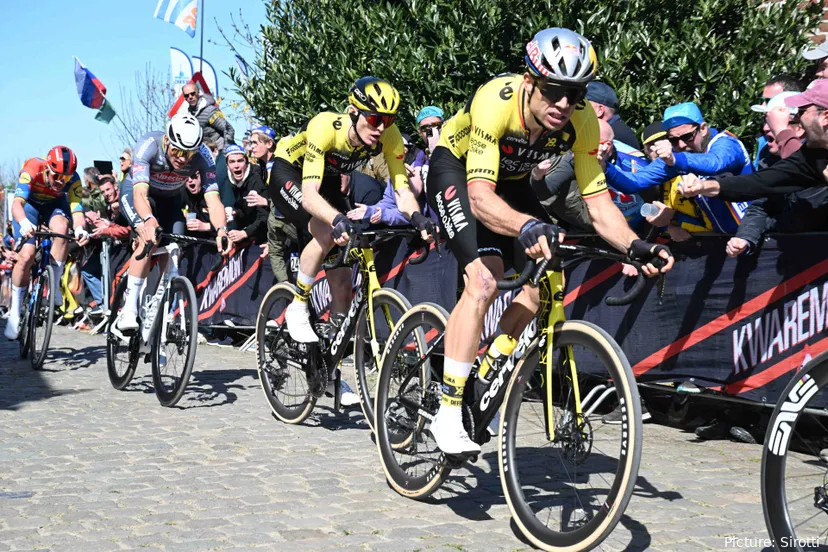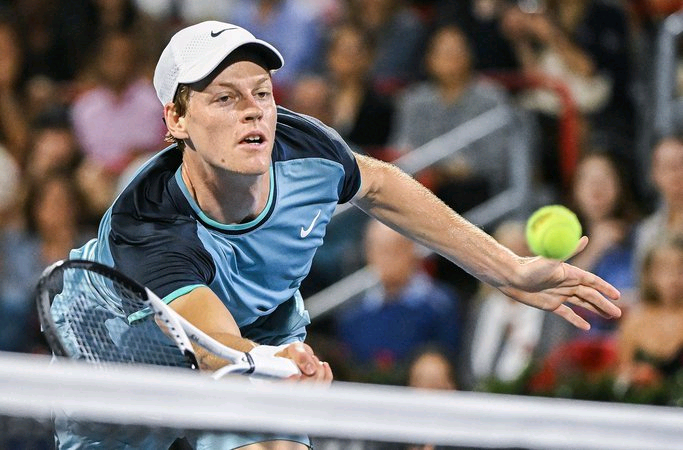Mathieu van der Poel: Back Injury Will Probably Remain My Achilles Heel
Mathieu van der Poel, a prodigious talent in the world of professional cycling and mountain biking, has captivated fans worldwide with his exceptional versatility, explosive power, and charismatic personality. Known for his remarkable achievements across multiple disciplines—cyclocross, road racing, and mountain biking—Van der Poel’s meteoric rise has been a testament to his relentless dedication and natural talent. However, like many athletes, his journey has not been without setbacks. Among the most persistent challenges he faces is a recurring back injury, which he candidly admits may remain his Achilles heel for the foreseeable future.

This article delves into Van der Poel’s career highlights, the nature of his back injury, its impact on his performance, and what the future might hold for one of cycling’s most exciting and multifaceted competitors.
Early Life and Rise to Prominence
Born on January 21, 1995, in Alphen aan den Rijn, Netherlands, Mathieu van der Poel grew up in a family deeply rooted in cycling. His father, Adrie van der Poel, was a professional cyclist and a national champion, while his grandfather, Raymond Poulidor, was a legendary French cyclist. This rich cycling heritage set the stage for Mathieu’s immersion in the sport from a young age.
He first gained international recognition in cyclocross, dominating the discipline with multiple national titles and world championships. His combination of technical skill, speed, and tenacity made him a fan favorite. Transitioning seamlessly into road racing and mountain biking, Van der Poel’s versatility set him apart as a true all-rounder.
The Pinnacle of Achievements
Cyclocross Domination
Van der Poel’s cyclocross career has been nothing short of extraordinary. He secured his first UCI Cyclocross World Championship in 2015 at just 20 years old, and went on to win the title again in 2019 and 2023. His aggressive racing style and ability to excel in muddy, technical conditions earned him widespread praise.
Road Racing Success
On the road, Van der Poel has claimed prestigious victories, including stages in the Tour de France, the Amstel Gold Race, and the Classics. His victory at the 2023 Tour of Flanders was a career-defining moment, showcasing his ability to contest the toughest cobbled races against seasoned professionals.
Mountain Biking Highlights
In mountain biking, Van der Poel has also demonstrated his versatility, winning races like the UCI Mountain Bike World Cup cross-country events. His cross-disciplinary prowess has endeared him to fans who admire his all-encompassing athletic ability.
The Back Injury: An Unsettling Obstacle
Despite his extraordinary talent, Van der Poel’s career has been periodically hampered by injuries. Among these, his back injury stands out as a particularly frustrating and persistent issue.
Nature of the Injury
Van der Poel has disclosed that he suffers from a chronic back condition, which manifests as lower back pain and muscular strain. The injury appears to be multifaceted, involving muscular imbalances, nerve impingements, and issues related to overtraining and intense competition schedules.
Causes and Contributing Factors
Several factors contribute to his back problems:
– **High-Intensity Training:** The demanding nature of his training regime, including high-volume interval work and technical mountain biking, places immense stress on his back muscles and spine.
– **Discipline Transitions:** Switching between disciplines — cyclocross, road, mountain biking — requires different body mechanics, increasing strain.
– **Genetic Predispositions:** His family history of athletic exertion may predispose him to certain musculoskeletal issues.
Impact on Performance
The back injury has led to periods of reduced training, missed races, and cautious racing strategies. In some instances, pain has forced him to withdraw from competitions or finish races with discomfort, affecting his results and confidence.
The Psychological Toll
Chronic injuries are not only physically taxing but also psychologically challenging. Van der Poel has spoken openly about the frustration and mental fatigue associated with his back problems. The fear of aggravating the injury or risking long-term damage influences his approach to training and racing.
He has emphasized the importance of physiotherapy, proper recovery, and listening to his body. Despite setbacks, his resilience and positive attitude remain evident, inspiring fans and fellow athletes alike.
Managing the Injury: Strategies and Treatments
Van der Poel’s team employs a multidisciplinary approach to manage his back condition:
– **Physiotherapy and Rehabilitation:** Regular sessions focus on strengthening core muscles, improving flexibility, and correcting postural imbalances.
– **Medical Interventions:** In some cases, anti-inflammatory treatments, injections, or other medical procedures are used to alleviate pain.
– **Training Modifications:** Adjustments in training intensity, volume, and equipment help reduce stress on his back.
– **Preventative Measures:** Emphasis on proper biomechanics, stretching routines, and recovery protocols are integral to his regimen.
The Future Outlook: “It Will Probably Remain My Achilles Heel”
In interviews, Van der Poel has expressed a sobering perspective: his back injury may continue to be a limiting factor. He has stated, “It will probably remain my Achilles heel,” acknowledging the persistent nature of his condition.
Implications for His Career
While his talent and determination are undeniable, the injury poses ongoing challenges:
– **Conservative Racing Approach:** He might have to prioritize races where he feels confident about managing his back.
– **Potential for Flare-Ups:** Periods of intense training or racing could exacerbate his condition, leading to setbacks.
– **Long-Term Health:** Ensuring his injury does not lead to chronic problems is a priority, even if it means sacrificing some racing opportunities.
Optimism and Adaptation
Despite these hurdles, Van der Poel remains optimistic. His team works tirelessly to optimize his health and performance. He has also shown adaptability, learning to race smarter and incorporate injury management into his routine.
His attitude underscores a crucial understanding: that managing injuries is part of elite sports, and resilience is key. While his back injury may be a lifelong challenge, his passion for cycling and competitive spirit continue to drive him forward.
Mathieu van der Poel’s journey is a compelling narrative of talent, perseverance, and resilience. His exceptional achievements across cycling disciplines have cemented his status as one of the most exciting athletes of his generation. However, his candid acknowledgment that his back injury may remain his Achilles heel highlights the realities many elite athletes face: that physical setbacks can shape, restrict, and ultimately define their careers.
As Van der Poel navigates the complexities of his condition, fans and followers will undoubtedly root for his continued success, hoping that his determination and meticulous care enable him to compete at the highest level for years to come. His story serves as a testament to the importance of resilience in the face of adversity—a true champion’s journey.


